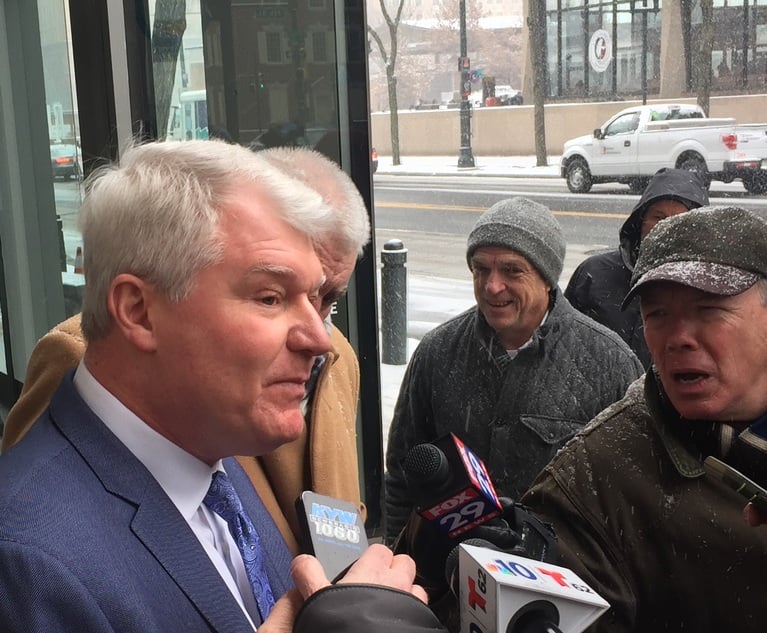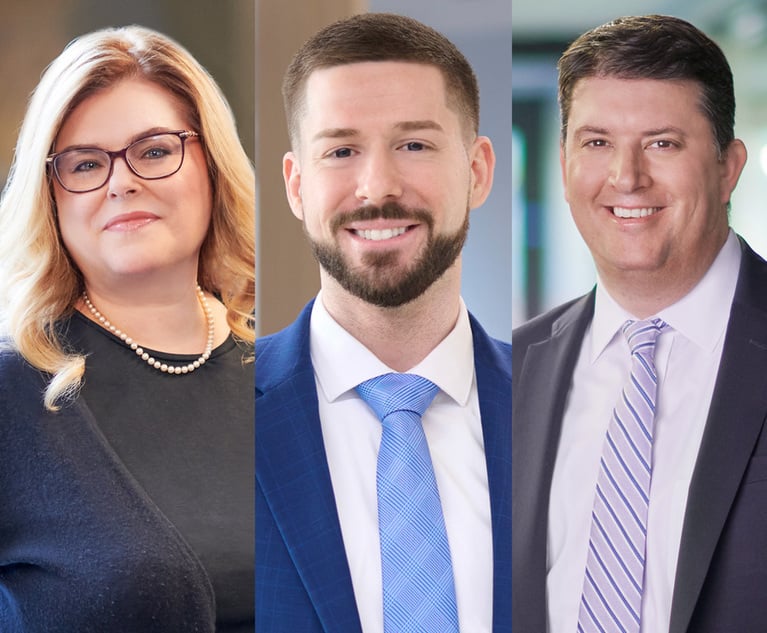The first case future U.S. Supreme Court Justice John Roberts argued in private practice was on behalf of Manny and Carol Kaplan. Their family securities trading business suffered during the 1987 stock market crash and the clearing house was taking advantage. The clearing house brought an arbitration not only against their business but against them personally when they had not personally agreed to arbitration. The case of First Chicago Options of Chicago v. Kaplan, 514 U.S. 938 (1995) held that the Kaplans had not agreed to have the arbitrator decide arbitrability and vacated an award against the Kaplans.
Nevertheless, parties that never signed an arbitration agreement can still be required to arbitrate. Arbitration is a creature of state law contract principles “if that law arose to govern issues concerning the validity, revocability and enforceability of contracts generally,” see Perry v. Thomas, 482 U.S. 483, 493 n. 9 (1987). Because “traditional principles” of state law allow a contract to be enforced by or against nonparties to the contract through “assumption, piercing the corporate veil, alter ego, incorporation by reference, third-party beneficiary theories, waiver and estoppel,” as in Arthur Andersen v. Carlisle, 556 U.S. 624 (2009).


 Craig Tractenberg of Fox Rothschild.
Craig Tractenberg of Fox Rothschild.




